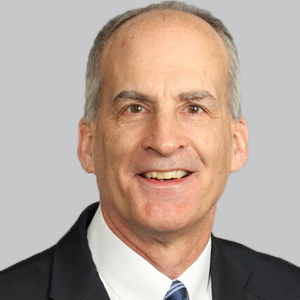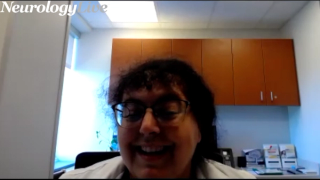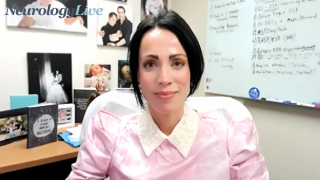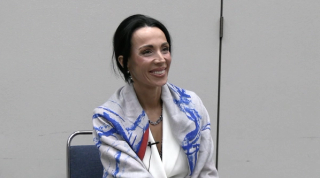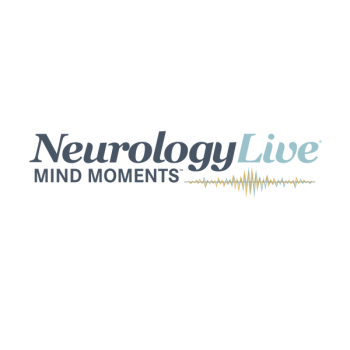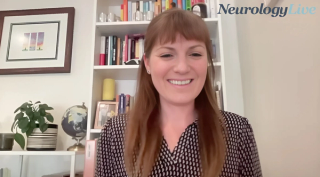
Narcolepsy
Latest News

Latest Videos

Podcasts
CME Content
More News
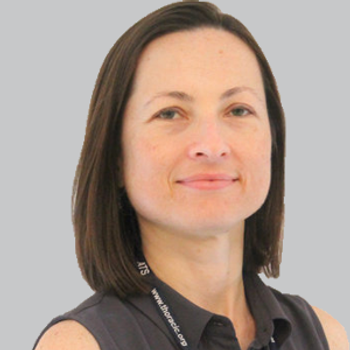
PAP therapy significantly improved cognitive function, particularly executive and psychomotor skills, in patients with Parkinson disease with comorbid obstructive sleep apnea.

A recent analysis identified potential safety concerns associated with pitolisant, sodium oxybate, solriamfetol, and modafinil, highlighting distinct adverse event profiles for each narcolepsy treatment.
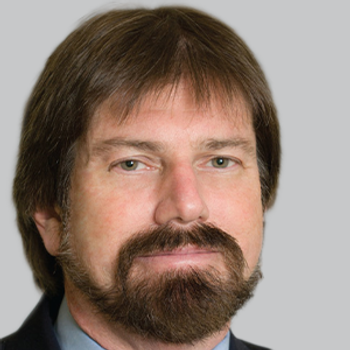
Normotensive patients with narcolepsy on sodium oxybate had over 50% of a higher risk of new-onset hypertension or antihypertensive medication use compared with nonusers of the treatment.
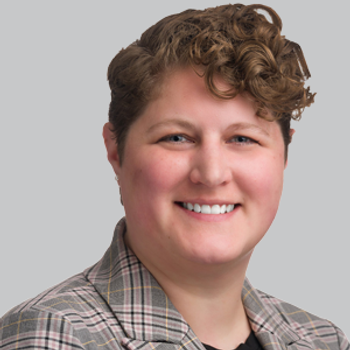

Mind Moments®, a podcast from NeurologyLive®, brings you an exclusive interview with Julie Flygare, JD. [LISTEN TIME: 16 minutes]
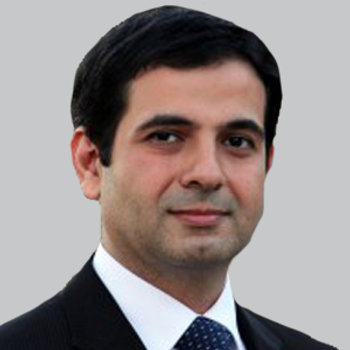
Total healthcare costs were 14% higher for patients with potentially inappropriate medication use in the Alzheimer-insomnia cohort, with significant contributions from inpatient care, ambulatory care, and pharmacy costs.
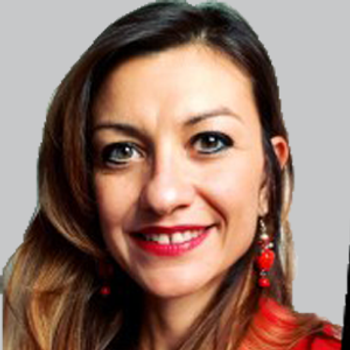
Compared with Alzheimer disease, those with behavioral variant FTD demonstrated increased light sleep (N1%) and reduced deep sleep (N3%), alongside altered sleep dynamics, such as higher transitions between N1 sleep and wake states.
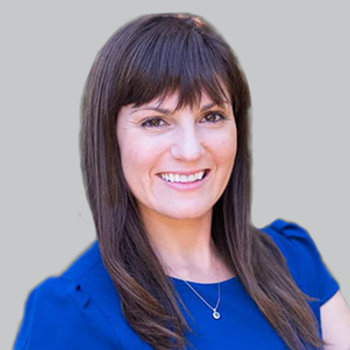
Julie Flygare, JD, president and CEO at Project Sleep, discussed the critical role of social connections and peer support in helping individuals with sleep disorders navigate their diagnosis.
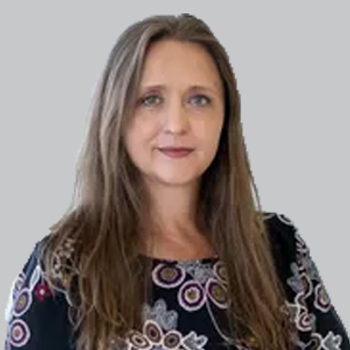
Cognitive Behavioral Therapy-Insomnia Demonstrates Effectiveness in Improving Cancer-Related Fatigue
Cognitive behavioral therapy for insomnia, a multicomponent psychotherapy, consists of sleep restriction, stimulus control, cognitive restructuring, relaxation training, and sleep hygiene.

In a recent survey, key factors associated with perceived support included knowing someone who had the same diagnosis of their sleep disorder, younger age, and marital status.
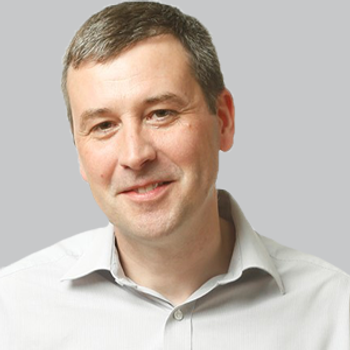
In a previously completed phase 1 study, the treatment resulted in significant improvements in wakefulness at doses of 1.0 mg and 2.5 mg, prompting a follow-up study.

The director of Child Neurology and Pediatric Sleep Medicine at Geisinger Janet Weis Children's Hospital talked about how the recent approval of once-nightly sodium oxybate for pediatric narcolepsy enables more effective and manageable treatment options for children and families.
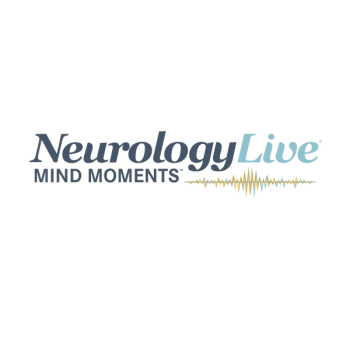
Mind Moments®, a podcast from NeurologyLive®, brings you an exclusive interview with Anne Marie Morse, DO, FAASM. [LISTEN TIME: 12 minutes]

Sodium oxybate is the only FDA-approved once-at-bedtime treatment for cataplexy or excessive daytime sleepiness in pediatric patients with narcolepsy.

In the phase 1 trial, the 2.5 mg dose of ORX750 significantly improved wakefulness, restoring normal sleep latency to 32 minutes compared to placebo.
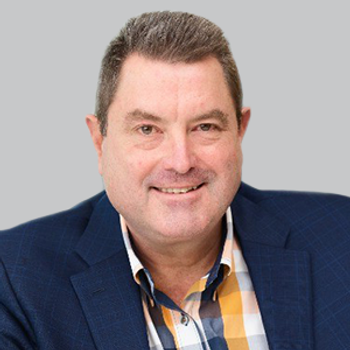
Vibrance-2 is a double-blind, placebo-controlled trial with 80 participants, assessing three doses of ALKS 2680 over eight weeks
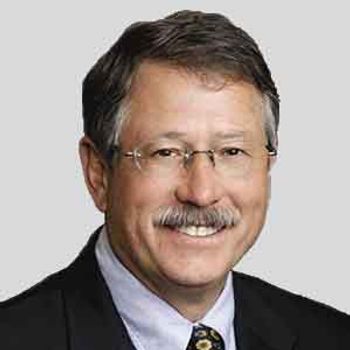
The double-blind, single-dose, 5-period crossover study is expected to include approximately 40 patients with narcolepsy type 1 to test 3 dose strengths of E2086.

Test your neurology knowledge with NeurologyLive®'s weekly quiz series, featuring questions on a variety of clinical and historical neurology topics. This week's topic is on care of idiopathic hypersomnia.

Mind Moments®, a podcast from NeurologyLive®, brings you an exclusive interview with Phil Jochelson, MD. [LISTEN TIME: 20 minutes]
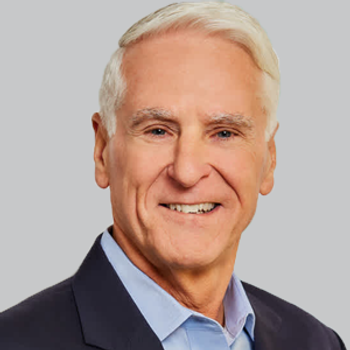
Pitolisant is the first and only drug in the class of antagonist/reverse agonists of the histamine H3 receptor for the treatment of patients with narcolepsy.
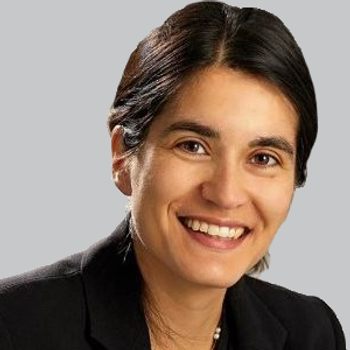
Across both the primary and secondary end points, treatment with TAK-861 resulted in significant improvements in symptom severity among patients with narcolepsy type 1.

Ron Grunstein, MD, PhD, head of Sleep and Circadian Research at the Woolcock Institute of Medical Research, provided commentary on early, promising data regarding investigational agent ALKS 2680 in patients with narcolepsy type 1.
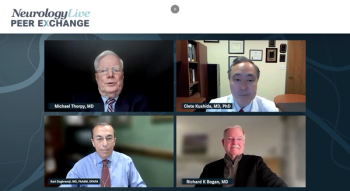
Drs Thorpy, Dogan, Doghramji, and Kushida talk about treatment holidays in narcolepsy.

Alkermes embarks on the phase 2 Vibrance-1 trial to evaluate the safety and efficacy of ALKS 2680 against placebo as a once-daily treatment for narcolepsy type 1.

Experts in sleep medicine discuss the criteria for changing treatment in narcolepsy.




